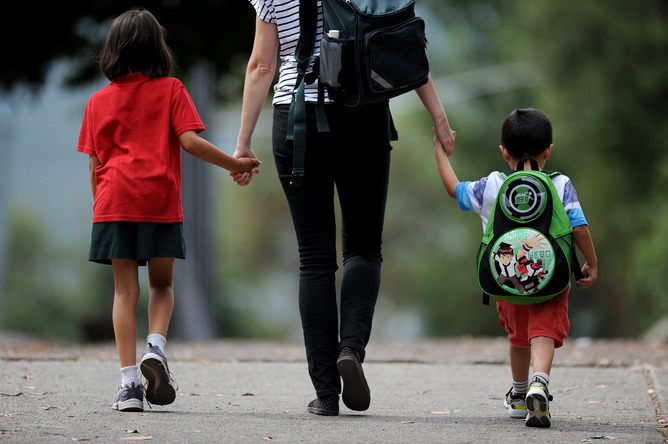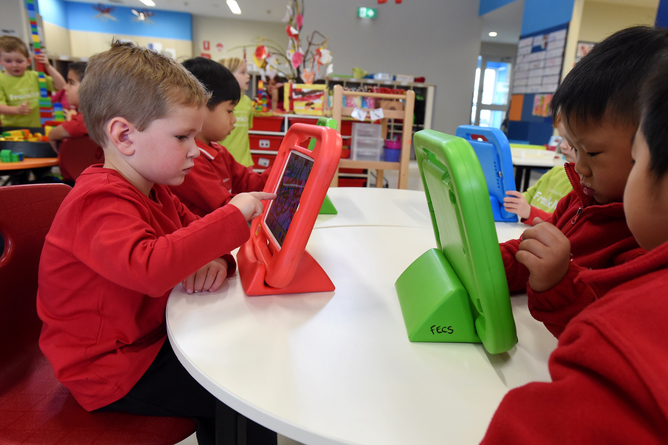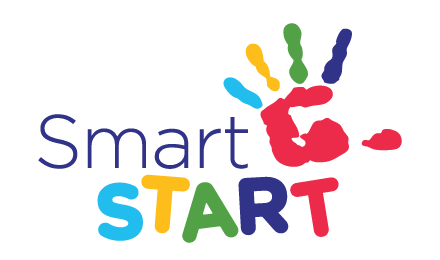How do you know when your child is ready for school?
Helen Skouteris, Deakin University and Jennifer McIntosh, Deakin University
The move from preschool to primary school can be a daunting experience for many children. A child’s success or failure in adapting to primary school has the potential to shape their educational, social and emotional futures. As such, it is important that every child has the best possible chance of adjusting successfully during this important transition in their early life.
One of the most hotly debated issues at this time in a child’s life is the age of entry into the first year of primary school. There is no national standard school starting age. Every state of Australia has its own process for transition from preschool to primary school, although there are similarities.
In Victoria, for example, children are accepted for their first Foundation year of school if they turn five by April 30 of the year of enrolment. That means, and is also the case in other states, that in the Foundation classroom there are likely to be children who turn five and others who turn six in that year.
It’s no wonder parents often ask whether to hold back their child so they are one of the oldest children in the class, not one of the youngest.

AAP/Joe Castro
So what are the signs of being ready?
A school-ready child is likely to:
-
have a positive school attitude (like going to preschool)
-
participate willingly in classroom activities
-
actively engage in their learning (as opposed to being passive and having to take direction from the educator all the time)
-
have good social and emotional skills – can make friends and most of the time play cooperatively, follow simple instructions and rules, show empathy, manage strong feelings like frustration and disappointment without becoming aggressive or withdrawn, and separate from parent without distress (are able to start the day at preschool and continue through the day with a level of confidence)
-
be able to concentrate adequately when completing classroom tasks or activities and can move from one activity to the next as needed
-
have adequate physical health and motor development.
Often parents feel the pressure for their child to know all the letters of the alphabet, to be able to read and write letters and simple words, and to know their numbers and be able to count. However, there is no mention of being able to read and write in the description of the “school-ready” child – and that was not a mistake.
While the natural curiosity of a child may lead a child to this learning prior to school, it’s okay if it doesn’t. All children are ready to learn from birth – it’s just a matter of what they are ready to learn.
Forced learning that is not fun for children should be avoided. If this means a child starts school not knowing all their letters, or not knowing how to draw human figures, or read simple words, that’s not something to be concerned about: they will learn that at primary school.

AAP/Lukas Coch
On the other hand, parents are wise to pay attention to the social and emotional skills that build resilience in children and make them competent “social beings”.
These help children transition to the new, large and sometimes challenging social environment of school. Being able to manage that transition so it is enriching rather than daunting for the child is important for longer-term educational outcomes.
Is the school ready for the child?
School readiness needs to be considered from a broader family context. Parents need to consider family circumstances, including any special needs such as illnesses or losses, or occurrences such as relocation, that may influence their child’s emotional start to school.
When children or families have special needs, it’s important to be confident their school can accommodate special circumstances and support the needs of the child.
If parents are in doubt about whether their child is ready for school, the best person to talk to is their preschool teacher. There are child development experts who can be consulted but your child’s teacher will know your child best.
![]()
Helen Skouteris is Professor at Deakin University.
Jennifer McIntosh is Professor of Clinical Psychology at Deakin University.
This article was originally published on The Conversation.
Read the original article.
